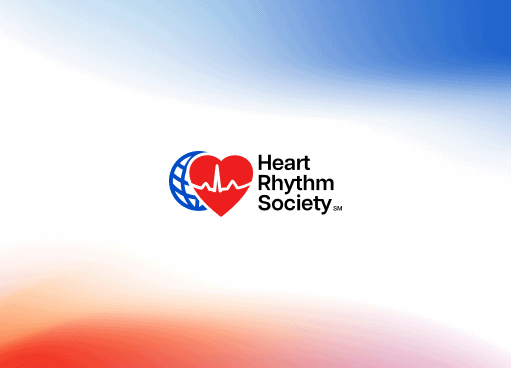September 1, 2023 – CMS recently released MIPS performance feedback and final scores for the 2022 performance year, and associated MIPS payment adjustment information for the 2024 payment year.
CMS recently released MIPS performance feedback and final scores for the 2022 performance year, and associated MIPS payment adjustment information for the 2024 payment year. Clinicians and designated practice staff may access 2022 MIPS performance feedback, including final scores and 2024 payment adjustment information on the Quality Payment Program (QPP) website.
Clinicians who believe there is an error in the calculation of their 2024 MIPS payment adjustment may request that CMS conduct a “targeted review.” Targeted review requests must be submitted by October 9, 2023. Note that final payment adjustments may still change from now through the end of the year depending on the results of these targeted review requests.
The following CMS guidance documents provide additional information on how to access and interpret 2022 MIPS performance feedback, final score, and payment adjustment information, and how to submit a targeted review request. These documents are available for download through the QPP Resource Library or the links below:
- 2022 MIPS Performance Feedback FAQs – Highlights what performance feedback is, who receives the feedback, and how to access it on the Quality Payment Program website.
- 2024 MIPS Payment Year Payment Adjustment User Guide – Reviews information about the calculation and application of MIPS payment adjustments, and answers frequently asked questions.
- 2022 MIPS Performance Feedback Patient-Level Data Reports Supplement – Reviews the data included, and answers questions about the downloadable patient-level reports included in performance feedback.
- 2022 Quality Performance Period Benchmarks – Identifies the performance period benchmark results (as available) for quality measures without a historical benchmark and provides general information about performance period benchmarks.
- 2022 Cost Performance Period Benchmarks– Identifies the performance period benchmark results (as available) for cost measures.
- 2022 Targeted Review User Guide – Explains the Targeted Review process, how to submit a request for a review, and provides examples of valid and invalid requests.
HRS Endorsed
- No
Topic
- Advocacy
- Spotlight
Post Type
- Advocacy in Action
Related Posts

Advocacy in Action
HRA Tracking New Legislation for Site Neutrality
May 16, 2025

Advocacy in Action
HRA Supports New Bill to Stabilize Physician Reimbursement for 2026
May 16, 2025

Advocacy in Action
HRS Identifying Administrative Burdens for Removal as Medicare Requests Input & Proposes 2026 Hospital Inpatient Payment Increase
May 16, 2025